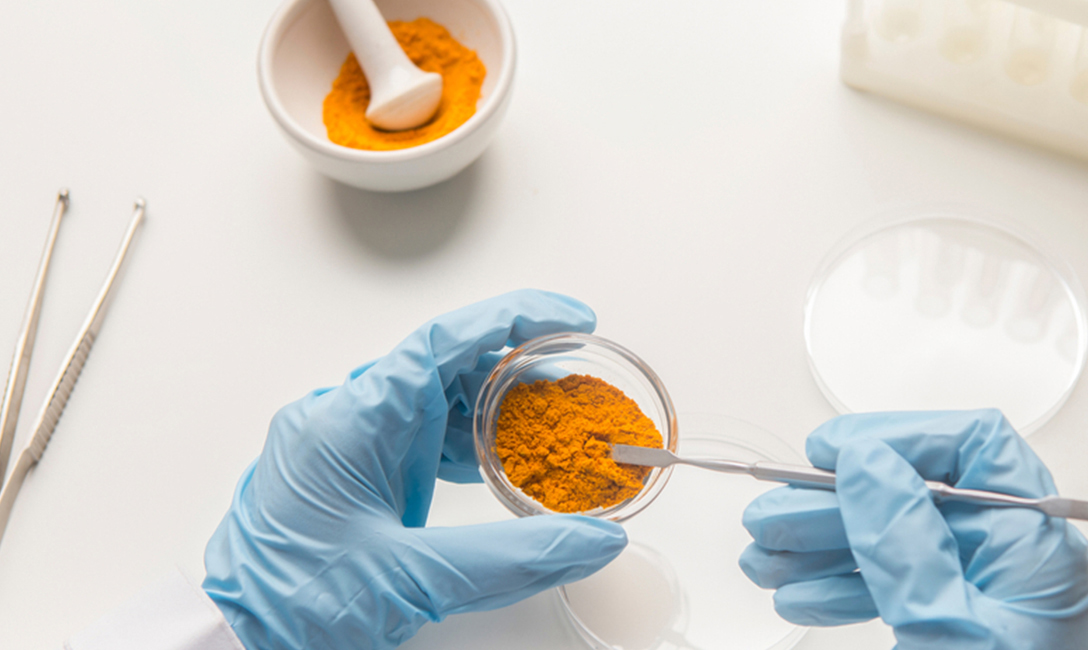Herbs, Spices & Condiments Testing
Herbs are the leaves of certain plants that are used in cooking and for their medicinal properties. They are typically used fresh or dried and can be added to dishes to impart flavor, aroma, and sometimes color. Common culinary herbs include basil, parsley, cilantro, thyme, rosemary, and mint.
Spices are derived from various parts of plants, including seeds, bark, roots, or dried fruits. They are known for their intense flavors and are used to season food, add heat, and enhance taste profiles. Spices are often ground or crushed before use. Examples of popular spices include cinnamon, cumin, turmeric, paprika, black pepper, and cloves.
Condiments are substances or sauces that are added to food to enhance its flavor. They are typically used in smaller quantities and may include a variety of ingredients like herbs, spices, vinegars, oils, and sweeteners. Common condiments include ketchup, mustard, mayonnaise, soy sauce, hot sauce, salsa, and chutneys.
Testing of herbs, spices, and condiments is essential to ensure their quality, safety, and compliance with regulatory standards. These tests assess various parameters, including chemical composition, microbiological analysis, pesticide residues, contaminants, and sensory attributes. By conducting comprehensive testing, the industry can ensure the quality, safety, and authenticity of herbs, spices, and condiments. Consumers can have confidence in the products' flavor, aroma, and adherence to regulatory standards, making them an essential component of their culinary experiences.



















